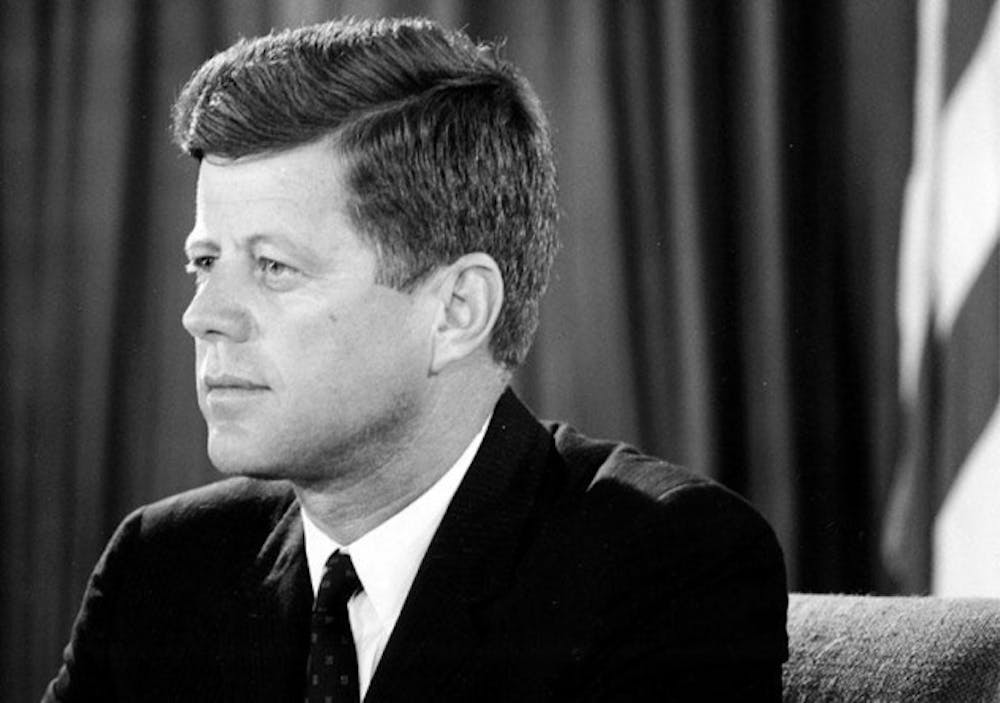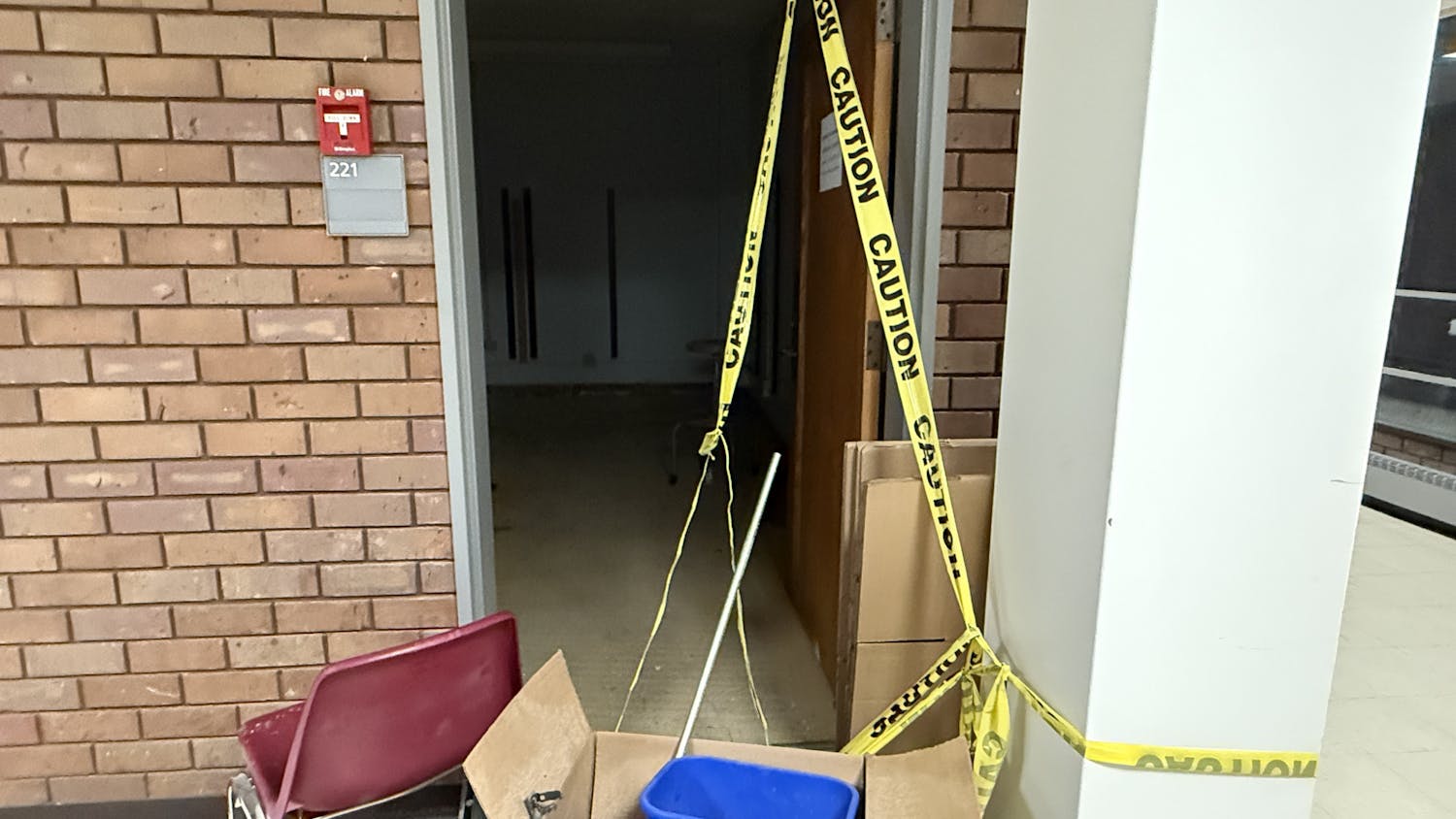On Nov. 22, 1963, the news of the assassination of President John F. Kennedy in Dallas, Texas, echoed throughout the United States. It was the fourth time in U.S. history that a president was killed.
Now, 50 years later, Kennedy's death still has a profound impact on media coverage, American history and the people who remember it.
Mark O'Brian, a professor of biochemistry, recalls his family members being quiet and somber, and anywhere he went had the same solemn atmosphere.
"I felt the whole weight of it, even at 5 years old," O'Brian said. "For the first time, nothing seemed certain."
O'Brian said the impact was especially deep because it was the first time a tragedy had been so visual. Modern television was still in its infancy and the coverage allowed the event to enter Americans' homes.
At the time, Kennedy was "wildly popular," O'Brian said. He had a high approval rating and a glamorous wife, and he symbolized a changing United States.
Kennedy, who was America's 35th president, was a World War II hero and the youngest elected president. The Democrat and former Massachusetts senator influenced America's youth to get involved in public service. He was also a Civil Rights activist.
O'Brian said Kennedy represented a sense of hope in the country.
A big reason the death had a strong effect on America was because of the Zapruder film - a 26.6-second video and firsthand account of the assassination filmed by Abraham Zapruder, a bystander in Dealey Plaza, where Kennedy was killed. Almost immediately, people could see the graphic images of Kennedy getting shot, O'Brian said.
"People were experiencing these things in real time, and reacting to it in real time, collectively in real time," O'Brian said. "It was something very new. A certain innocence was lost and people were really struck by it."
The event continues to have an impact on government today and it changed the way security protects the president. O'Brian said it is almost unheard of today for a president to drive in an open carriage with minimal security protection.
The Kennedy assassination also created many controversies surrounding whether Lee Harvey Oswald was the only one involved in killing the president.
Over 50 percent of Americans believe the assassination was the work of multiple men, according to a Gallup poll.
O'Brian thinks these conspiracies, which some people still believe even 50 years later, allow other conspiracies to gain support. He said without the Kennedy conspiracy theory, perhaps other conspiracy theories, like those surrounding the moon landing and 9/11, wouldn't have emerged.
Debra Kolodczak, an American studies and communication professor, said the Kennedys left lasting "images" that have riddled the memory of American history.
One image in particular stands out in her mind.
On the day of Kennedy's funeral, four days after his assassination, there was a moment when John Kennedy Jr., Kennedy's son, left his mother's side and saluted. The moment was captured on camera and has become an iconic picture.
Kolodczak said it was especially memorable because no one told him to do that. His mother was veiled in grief and his sister was consoling his mother. In an instant, Kolodczak said, "the entire nation was in tears again."
She added that hindsight puts the "Kennedy story" into perspective. The reason why Kennedy's death is still so emotional is because Americans, including Kolodczak, know the aftermath. She said looking back enhances our memory.
Five years after his brother's murder, Robert Kennedy was assassinated. Thirty-one years after that, John Kennedy Jr. died in a plane crash under mysterious circumstances.
"What makes these images grow in their iconic value is what happens afterwards," Kolodczak said. "This family represented the American Dream and the American nightmare."
Kolodczak said JFK's assassination was an event that revolutionized the news industry. Never before had there been continuous and immediate coverage of such a tragic event. It became the "benchmark," she said.
The immediacy of the news was evident then and seems to be the driving force in today's news, according to Kolodczak.
Fifty years after the tragic event, Kolodczak said her memory of the moment is still vivid. She said it is important to recall and reflect on these major moments in our country's history.
"When a tragedy happens, the reality sets in in a whole different way," she said. "It is important to recognize how the past can shape the future."
email: news@ubspectrum.com





